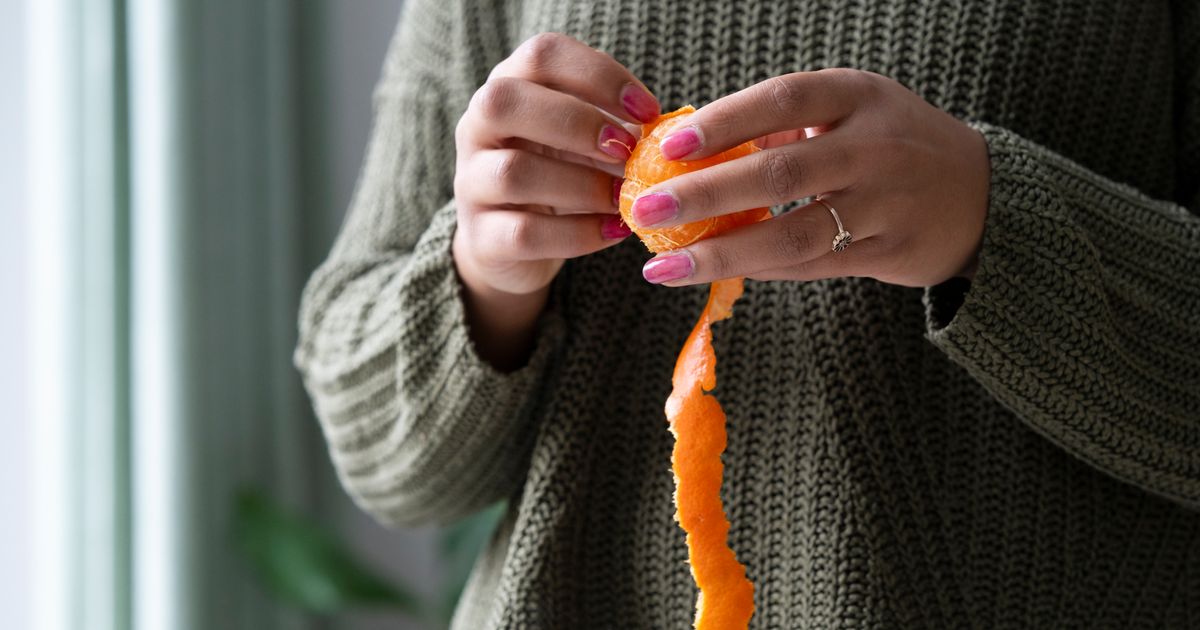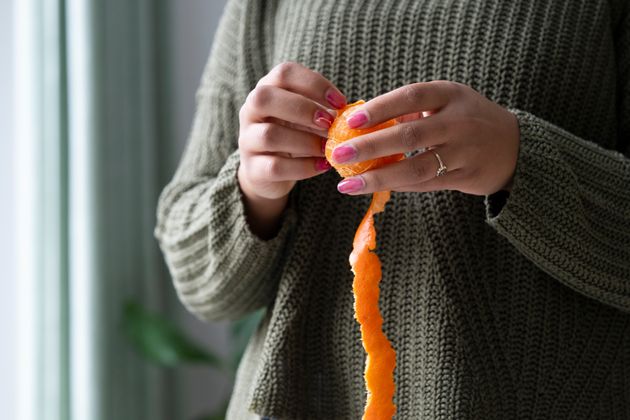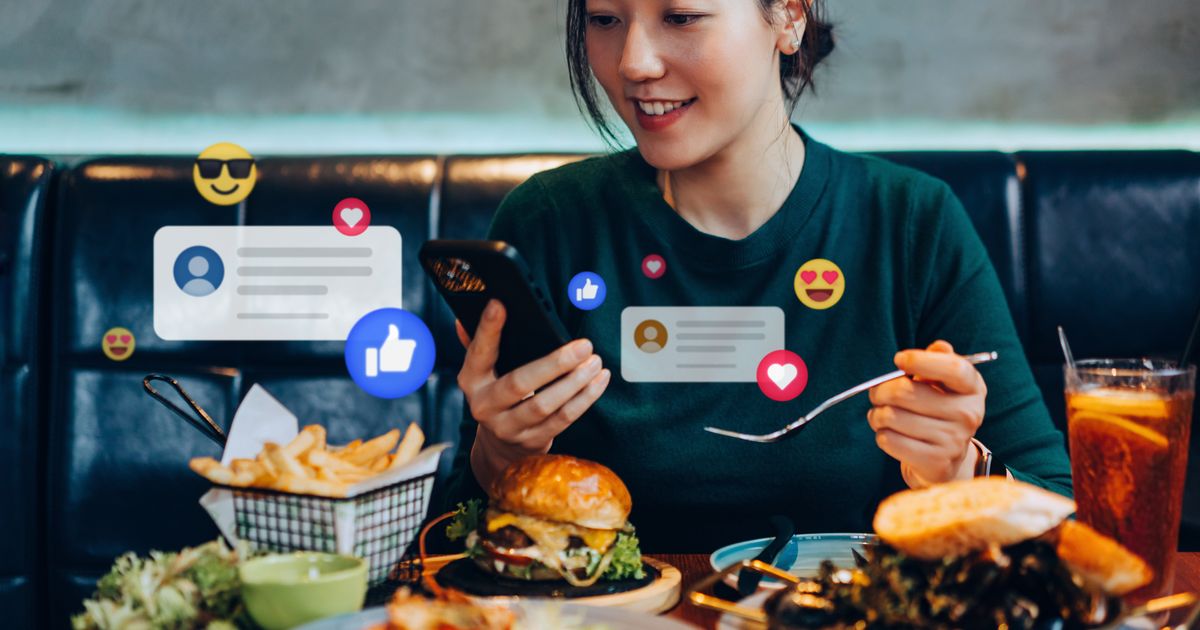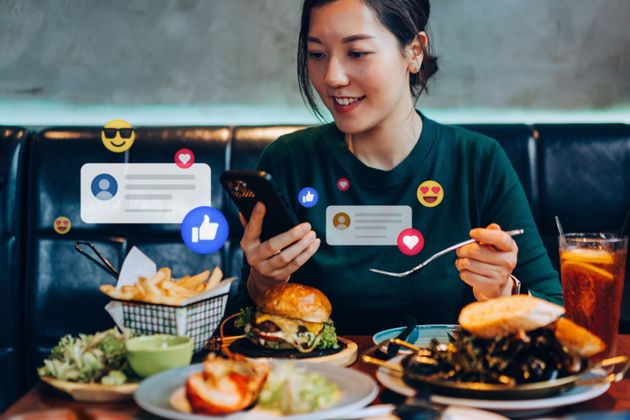As Ellie Anderson approached 30, she started thinking about all the time she and her friends had wasted poring over conversations and texts they’d received from men they’d dated: Was that stray “K” over text cause for alarm? How long should you wait to say you had a great time on a date and want to do it again soon without coming on too strong?
“These conversations generally happened when one of us started dating a new guy. A lot of the time, we’d try to guess at what a guy wanted and how to avoid ‘freaking him out,’” said Anderson, an assistant professor of philosophy at Pomona College in Claremont, California.
Advertisement
Of course, the early days of a relationship are often a period of uncertainty. Still, it seemed to Anderson that the uncertainty usually worked in men’s favor. Meanwhile, it forced women to spend a lot of time trying to guess at men’s feelings because the men themselves were unwilling or unable to fully express themselves.
That kind of unspoken work deserved a definition, Anderson thought. On her popular philosophy podcast, “Overthink” ― and now in a recently published academic paper ― Anderson coined the phrase “hermeneutic labour” to describe the emotional work that goes into trying to decipher men’s often muddy communication. (It’s highfalutin sounding but hermeneutics is basically just the interpretation of language, whether written or spoken. It’s a word that’s often used in philosophy and religious studies.)
“Basically, men benefit from both having emotional needs they may not even be aware of met for them, and also not having to bear the burden of interpreting women partners’ emotions,” Anderson told HuffPost.
What we call “women’s intuition,” Anderson said, is actually a hard-won achievement that takes years to produce and sustain.
Advertisement
“It’s a euphemism for hermeneutic labour,” she said. “We tend to deny the substantial amounts of work that women do to maintain relationships, as well as the fact that a lot of this work is cognitive in character.”
Hermeneutic labour can be divided into three stages of emotional work, according to Anderson:
- Interpreting your own feelings, desires and intentions
- Interpreting the other person’s feelings, desires and intentions through their nonverbal cues or minimal communication
- And lastly, comparing and contrasting both sets of feelings and intentions for the purpose of conflict resolution
Sounds laborious? That’s because it is.
Hermeneutic labour is a form of “emotional labour.”
Anderson’s theory ties in nicely to a more well-known concept: emotional labor, the idea that the effort of managing nearly everything at home ― especially the seemingly invisible jobs no one in your family acknowledges (making dentist appointments, managing temper tantrums) ― often falls on women’s shoulders. As outlined by sociologist Arlie Hochschild, emotional labor also involves having to suppress any negative emotions you might have around such thankless work.
“Emotional labor is the nurse suppressing her frustration toward a difficult patient and presenting a warm attitude of care,” Anderson said. “Hermeneutic labor is this same nurse considering, on her drive home, whether or not that way of interacting with the patient was the right one.”

Hinterhaus Productions via Getty Images
Advertisement
Anderson also likens the concept to something explored by feminist and critical theorist Mari Ruti in her book “Penis Envy.”
“In the book, Ruti looks at how sometimes men’s opacity about their own emotions lead to unethical behavior toward romantic partners,” Anderson said.
It’s not that men don’t involve themselves with hermeneutic labour, Anderson said, it’s just that it’s nowhere near to the same degree as women partners do.
Anderson’s research focuses on hetero- and cisgender couples because they overwhelmingly make up the participants in the empirical studies on which her argument draws. But a handful of studies have also focused on the emotional labour that cisgender women partners of trans men undertake, which Anderson said is in some ways similar to straight couples, but also involves some unique dynamics, such as emotionally supporting a partner during transition.
Therapists who work with women say “hermeneutic labour” comes up in their sessions.
Akua K. Boateng, a psychotherapist in private practice in south Philadelphia, sees hermeneutic labour as a rite of passage for young women, especially in the text-centric online dating era. Generally speaking, women often let men take the lead in such communication.
Advertisement
“If he is texting, she is texting ― even if she might desire to talk by phone ― while talking with her friends about what the frequency or tone of his texts might mean about his true intentions,” Boateng said.
Women are conditioned to do this, Boateng thinks. For some, this kind of close reading starts in childhood with decoding the emotional lives of fathers and male figures.
“Many women have a history of failed attempts to track the emotional impact of life on the men in their social world,” she said. “Dating is a repeat of this past.”
Jennifer Chappell Marsh, a marriage and family therapist in San Diego, California, often hears women lament hermeneutic labour when they bring up emotionally distant partners.
“In therapy, it often shows that she’s putting in a lot of effort to understand his feelings and needs by paying close attention to small things like how he moves, the tone of his voice, or the words he chooses,” she said.
Advertisement
!["[Hermeneutic labour] can make the relationship stronger because it helps with communication, but it’s important to remember that this effort by women should be appreciated and not just expected," Chappell Marsh said.](https://www.wellnessmaster.com/wp-content/uploads/2024/04/all-that-time-youre-spending-deciphering-mens-texts-finally-has-a-name-5.jpg)
georgeclerk via Getty Images
As a marriage therapist, Chappell Marsh sees firsthand how men benefit from the proactive women they know: The wives who can read their husbands’ body language or tone of voice like a book. The girlfriends who psychoanalyze the punctuation of their boyfriends’ texts over dinner with the girls.
“All this work can make the relationship stronger because it helps with communication, but it’s important to remember that this effort by women should be appreciated and not just expected,” Chappell Marsh said.
Another therapist, Sarah Spencer Northey in Washington, D.C., said she’s seen hermeneutic labour play out with her clients, but not to a problematic level.
“As a therapist, I’m usually shutting down a long, drawn-out analysis by immediately emphasizing a need for clarity,” she said. “I would not want someone to give their therapy time away to someone who is being cryptic over text.”
Advertisement
Northey notes that there are times where analyzing texts with friends can be a lighthearted way of bonding for women. (If you’re a guy receiving a text back, it’s fair to expect that the response might have been dictated by a committee of five women you’ve never met, plus your date.)
“It’s helpful and fun to discuss your dating life with others and as long as you are getting the benefit of further insight, or at least a few giggles with friends,” Northey said.
Naming a process helps us tame a process, Spencer Northey said, so she appreciates that the concept has been named in academic study.
How to improve communication when hermeneutic labour is a problem
If you’re in a relationship where one partner does the heavy lifting communication-wise, therapists have some advice.
Ask for clarity.
If you’re the mind reader in the relationship, don’t just assume you know what your partner is getting at. Be direct, and lean in for more clarity.
Advertisement
For instance, if you’re only receiving texts in the morning and that’s causing communication problems, Boateng said to say something like, “It seems like mornings are the best time for you to connect, right? Is there a way for you to briefly respond to my more timely texts at night?”
If you’re the uncommunicative one, make a point to up your participation.
Clear communication doesn’t come naturally for any of us ― it’s something that needs to be honed and worked on, and there’s always room for improvement, Chappell Marsh said.
“If you’re bad at it, you really have to strive to express your feelings and thoughts more openly and clearly, reducing the burden on your partner to decode your emotions,” she said.
If you need more time to respond to a text because you can’t find the language to communicate your feelings, there’s no shame in sending a text that says, “Hey, I received this but just give me a little time to respond,” Boateng said.
And if you’re dating and realise that you’re sabotaging good connections because of poor communication, she recommends taking time to practice emotional expressivity with your friends and family, to get in the habit of it.
Advertisement

Compassionate Eye Foundation/Steven Errico via Getty Images
Acknowledge and appreciate any quality communication.
Hermeneutic labour tends to go unacknowledged, which is fair ― it’s a newly coined concept! With that in mind, make a point to recognise when your spouse or partner is doing a particularly good job of communicating or interpreting the emotional world of the relationship.
“Show appreciation for her efforts and acknowledge the strain it can put on her ― or him,” Chappell Marsh said. “This recognition can be validating and can lead to a more balanced relationship dynamic.”
If you’re dating a hardheaded non-communicator, remember, you don’t have to be.
Unless the deciphering game is part of a flirtation and “a fun dance in the context of otherwise connected communication,” Spencer Northey thinks hermeneutic labour needs to be nipped in the bud and quick.
“The easiest way is for the confused party to refuse to play,” she said. “You can call, text, video, voice message, or contact the person through any number of ways and ask for clarification. If someone faults you for asking for clarity, that is a red flag. I hope I don’t have to explain why!”
Advertisement



























